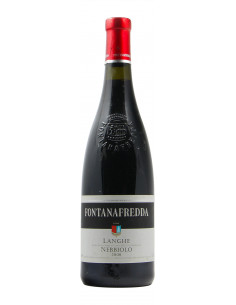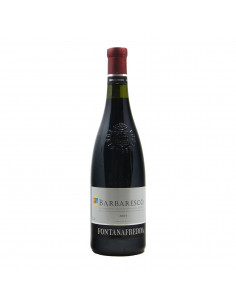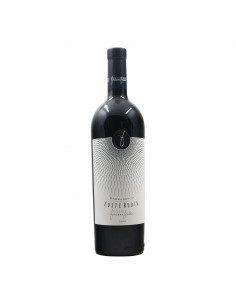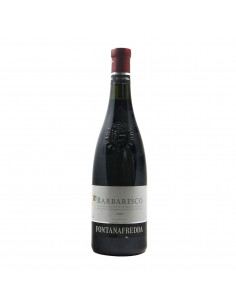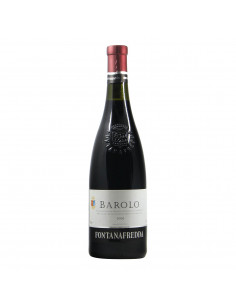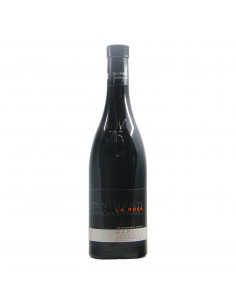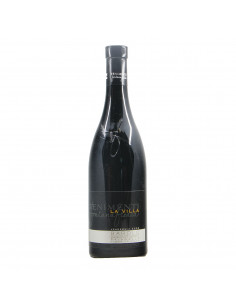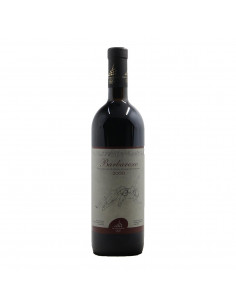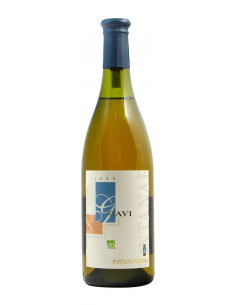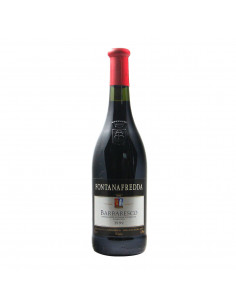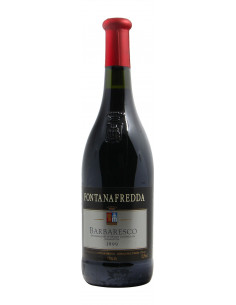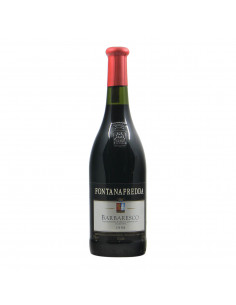FONTANAFREDDA
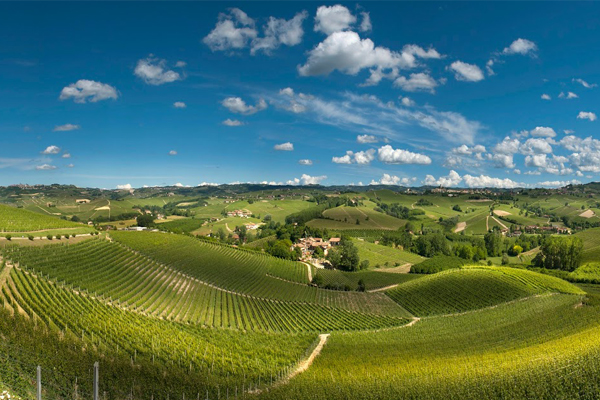 It was 1858 when the king, Vittorio Emanuele II, bought the estate of Fontanafredda as a gift to Bela Rosin first and then to his sons Maria Vittoria and Emanuele Alberto Conte di Mirafiori.
It was 1858 when the king, Vittorio Emanuele II, bought the estate of Fontanafredda as a gift to Bela Rosin first and then to his sons Maria Vittoria and Emanuele Alberto Conte di Mirafiori.
It was necessary to wait until 1866 to see the first transformation of the estate into a cellar, with the purchase by the king of the first Barolo vineyard from which the name Tenimenti di Barolo e Fontanafredda was born, and which marked the vinification of the first Barolo Fontanafredda. It was 1867.
The estate had more than 300 hectares in 1878 cultivated by skilled wage-earners, a rare exception at the time, beginning the Fontanafredda tradition still pursued today through the same estate.
In 1894 Barolo was already considered a myth.
In spite of the many adversities that have characterized the estate since 1928, between the destruction of vineyards due to phylloxera, the American economic depression that has resulted in the sale of land in Monte dei Paschi di Siena and the transfer of the brand Fontanafredda to the family, in 2009 after 70 years, is again purchased back in Piedmont hands representing one of the cornerstones of Italian wine.
The estate counts more than 300 hectares in 1878 cultivated by skilled workers, a real rare exception for the time, starting the tradition Fontanafredda still pursued today through the same estate and, despite the many hardships that have characterized the estate since 1928, including the destruction of vineyards due to phylloxera, the American economic depression that resulted in the sale of land to Monte dei Paschi di Siena and the transfer of the brand Fontanafredda to the Gancia family, in 2009 after 70 years, is again bought back in Piedmontese hands representing one of the cornerstones of Italian wine.
In 2017, Tenuta Fontanafredda di Serralunga d'Alba was named European Winery of the Year by Wine Enthusiast Magazine.
Fontanafredda wines are produced in large quantities, the Cantina Fomntanafredda is now a power within the world wine scene that must meet a large quantity of demands being distributed in most of the restaurants in the world and having entered the channel for a few years GDO, an element that has necessarily achieved a huge increase in production.
Today it is one of the most famous and representative cellars of the lands of origin of Barolo, a brand that has resisted over the centuries and that has allowed the elevation of the wine product of world renown, a symbol of a land that makes wine a cornerstone of its history of food and wine: Italy.

